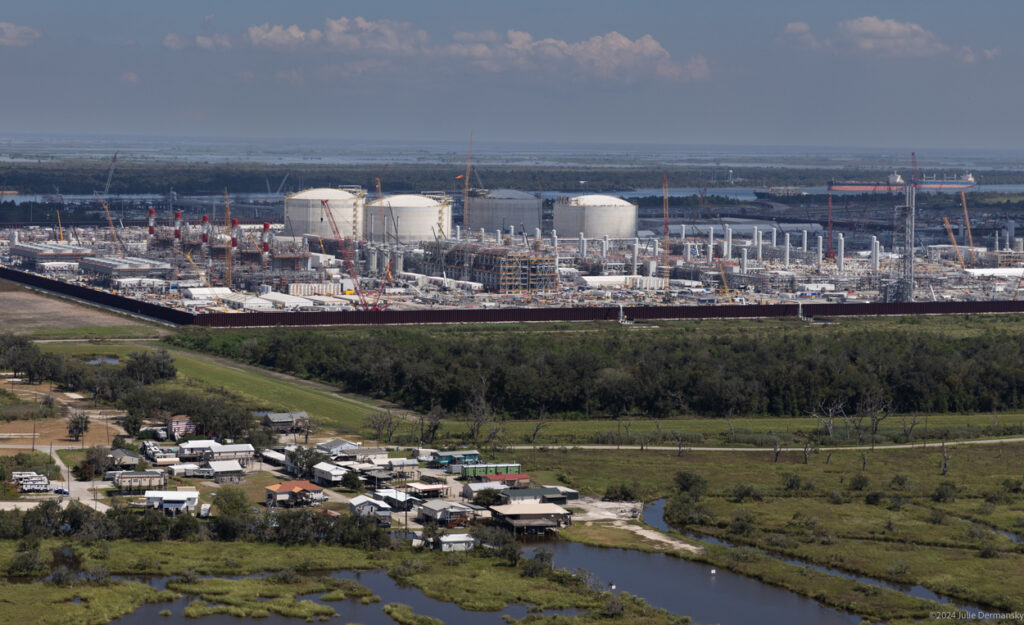Originally posted at DiscoverMagazine.com.
Multiple investigations over the last year have failed to uncover any serious wrongdoing in the year old “ClimateGate” fiasco over climate researchers’ pilfered emails. Substantively, the matter is dead. But politically is quite another matter—it remains to be seen how long “ClimateGate” can walk the earth as a zombie.
There have already been attempts to reawaken the corpse. Most prominently, Virginia attorney general Ken Cuccinelli launched a harassing investigation of famed climate researcher Michael Mann’s career at the University of Virginia, demanding a wide range of emails and documents. And since the November 2 elections, there have been concerns that the new Republican Congress may join in the rite. Several top House Republicans have indicated that they may want to hold “Climategate” hearings (although more recently, there has been some apparent backing away from this idea).
The question now becomes whether incoming Republicans will follow through on such plans—or if it’s all just a head feint. If they’re serious, they can expect a powerful response from scientists, much like the strong mobilization against Cuccinelli organized by the Union of Concerned Scientists, the American Association of University Professors, and many others.Recently I got the chance to speak with Michael Mann—by far the most attacked climate researcher on the planet—and to ask what he was expecting from the next Congress, and how he might respond. Mann pulled no punches. “I think I speak for the entire scientific community,” he answered, “in saying that if scientists are subject to the sorts of McCarthyite witch hunts that took place during the 1950s, there will I suspect be a very fierce pushback by the scientific community, and by public interest groups that support science.”
That if is critical. Speculation notwithstanding, the climate researchers I’ve spoken with so far—and the advocacy groups most likely to back them up—aren’t making any assumptions about what the new Congress will do.
The next two years will surely feature congressional hearings related to climate change. But they could take various forms, ranging from perfectly legitimate to very disturbing.
One type of hearing would be open minded and informational, calling upon scientists to testify about their federally funded research and its implications. That’s what Congress ought to be doing, and scientists will participate eagerly. “Climate scientists are more than willing, at any time, any place, to explain their science and show their results to anybody that asks,” observes climate modeler Gavin Schmidt of the NASA Goddard Institute for Space Studies, who along with Mann created the leading climate science website “Real Climate.”
Sadly, that’s not the most likely scenario with this Congress. Far too many of its leading members, like Rep. James Sensenbrenner of Wisconsin, have gone on record with the opinion that modern climate science is not only wrong, but in some way corrupt.
The second type of hearing—much more problematic, but nothing un-heard of—would feature political grandstanding to highlight the pseudo-arguments in favor of global warming denial and attack the administration’s climate policies. It would likely pit a few mainstream scientists against a bevy of climate science skeptics and deniers—a “balanced” treatment of a topic where opinions are anything but balanced within the relevant expert community.
We’ve seen such hearings before—from Senator James Inhofe of Oklahoma, for instance, when he ran the Environment and Public Works Committee. Similarly, when the Gingrich Republicans took over in 1994, they promptly held show hearings to cast doubt not only on climate research, but also on the evidence suggesting the role of chlorofluorocarbons (CFCs) in depleting the stratospheric ozone layer. (That one doesn’t age well.)
Such hearings would not be an enlightening spectacle; but neither would they necessarily cross the line that scientists and their supporting organizations are drawing when it comes to protecting researchers from harassment, character assassination, and political attacks. That won’t occur unless Congress also attempts to launch gotcha investigations into climate researchers’ work and communications—assuming wrongdoing and then going fishing to catch it. Most disturbingly, this could conceivably include the wielding of congressional subpoena power to compel testimony or pry loose information and documents, such as personal papers or emails.
Should this occur, you’ve long since left behind anything resembling an “appropriate democratic process,” observes Francesca Grifo of the Union of Concerned Scientists, which strongly backed Mann against Cuccinelli. That’s especially the case in light of the multiple independent inquiries that have failed to charge climate scientists with any behavior outside of the ordinary practices of science.
Just as scientific organizations rallied behind Mann in the wake of Cuccinelli’s probe—and the exceedingly broad informational demands it contained–they would be similarly roused by subpoenas. If anything, the latter could be even more menacing. After all, at least a court could eventually rebuke Cuccinelli for his unjustified investigation—and did so. But it’s doubtful the same could happen to Congress.
“The problem is that the subpoena power is pretty open ended, and there’s nobody that supervises it,” observes environmental law professor Rena Steinzor of the University of Maryland. “Courts don’t supervise it. So there’s no one to run to if they ask you for things that you think are irrelevant or intrusive.”
A congressional subpoena fight could get ugly—but for precisely that reason, it could also backfire for congressional Republicans. They could come off looking like bullies.
The fundamental question thus becomes, with so much on its agenda—like trying to take down “Obamacare”–does the new Congress really want to go there?
I doubt it will be of much relevance to Republicans, but based on my own observations, the climate science community is in an interesting place right now. The outrage over “Climategate,” and over investigations like Cuccinelli’s, is palpable. But at the same time, the community would much prefer to offer earnest scientific information in good faith, rather than getting into political battles. Most of all, climate scientists are engaged in deep internal introspection about where the proper line lies between defending one’s science (which most researchers support) and engaging in political activism for particular parties or policy outcomes (which makes many very uncomfortable).
In this context, the new Congress may—or may not—push the research community in a particular direction. One thing’s certain: If an individual climate researcher like Mann gets targeted, he will find strong backing. “If you put your head above the burm, you takes shots, you’re going to have a huge support network,” says Suffolk County Community College physical scientist Scott Mandia, who has recently worked on forming a “rapid response team” to rebut climate science misinformation. “Everybody’s coming to everybody’s rescue.” [See my recent Point of Inquiry episode with Mandia and fellow scientist John Abraham for more on the Climate Science Rapid Response Team.]
Climate scientists are capable of great solidarity—if needed. The ball is in Congress’s court.
Originally posted at DiscoverMagazine.com.
Subscribe to our newsletter
Stay up to date with DeSmog news and alerts







